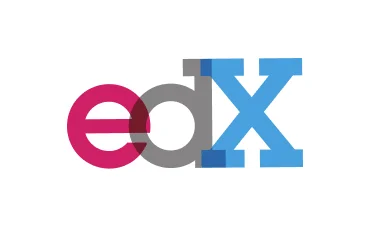When you enroll through our links, we may earn a small commission—at no extra cost to you. This helps keep our platform free and inspires us to add more value.

MITx: Thermal-Fluids Engineering 1: Basics of Thermodynamics and Hydrostatics
This course synthesizes thermodynamics, heat transfer, and fluid mechanics, mirroring the complexities of real-life thermal-fluid systems. In this module, the emphasis will be on the fundamentals of thermodynamics and hydrostatics.
This Course Includes
 edx
edx 0 (0 reviews )
0 (0 reviews ) 12 weeks at 8-12 hours per week
12 weeks at 8-12 hours per week english
english Online - Self Paced
Online - Self Paced course
course MITx
MITx
About MITx: Thermal-Fluids Engineering 1: Basics of Thermodynamics and Hydrostatics
This course serves as an introduction to the field of thermal-fluids engineering, which primarily revolves around the conversion of energy between different forms. Thermal-fluid engineering applications encompass a wide range of fields, such as computer cooling, energy conversion plants, and transportation. Given that thermal-fluids systems inherently incorporate the principles of thermodynamics, heat transfer, and fluid mechanics, this course aims to provide an integrated understanding of these fundamental scientific disciplines. This synthesized approach enables a comprehensive understanding of the subject matter and enhances the capacity to design thermal-fluid systems more effectively.
In this initial module, the emphasis will be on the fundamentals of thermodynamics and an introduction to fluid mechanics, specifically focusing on hydrostatics. The course will cover the following topics: the first and second laws of thermodynamics, entropy, the ideal gas model, thermodynamic cycles, hydrostatics, and rigid body motion of a fluid.
This course is based on the first third of MIT’s class 2.005 Thermal-Fluids Engineering 1, a core course for MIT Mechanical and Nuclear Engineering undergraduates. As such, this course is of relevance to undergraduate engineering students (e.g. mechanical, nuclear, aerospace, chemical) around the world and engineering professionals who wish to refresh or update their domain knowledge.
What You Will Learn?
- First and second law of thermodynamics for closed systems.
- Entropy and its impact on engineering systems.
- Ideal gas model .
- Thermodynamic cycles.
- Hydrostatics and rigid body motion of a fluid.
